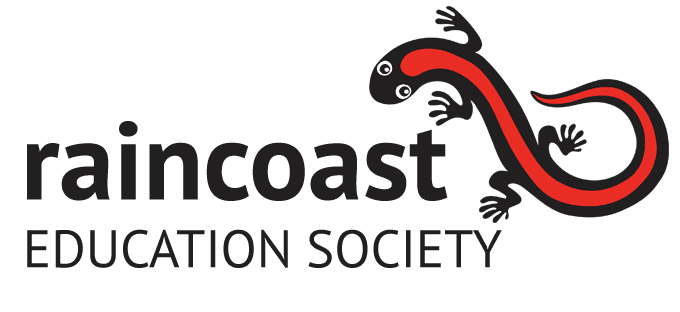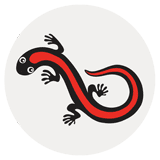Science in Support of Conservation
The Raincoast Education Society (RES) is actively involved in scientific research and monitoring in Clayoquot and Barkley Sound. Our work in this field may sometimes go ‘under the radar’, but it’s an important part of our mission. Our core staff includes several biologists who often work in collaboration with partners from other local, provincial, or national agencies and organizations. The RES enjoys the freedom of a broad mandate and the ability to focus on locally relevant issues that affect the communities we serve. From water sampling to shorebird tracking, every project the RES takes on seeks to collect data that can provide a solid, scientifically-based reference to inform local efforts to manage, enhance, protect and preserve the unique natural environment we live in and the species we share it with.
Adult Salmon Diet Program
Pacific salmon have been relatively well studied due to their cultural, ecological and economical importance, but there are still many more questions than answers. One major gap is the lack of a clear understanding of what adult salmon eat – an important factor in at-sea survival! Seasonal, annual, and regional variations in salmon diet are likely extremely important factors affecting individual health and reproductive success.
While the decline of wild salmon stocks in BC is well recognized, the causes of these declines remain poorly understood. It’s likely that a combination of factors are responsible, and we want to learn more about what kinds of impacts variations and shifts in diet might be having on salmon.
Since 2019, The RES has been working in collaboration with the University of Victoria’s Fisheries Ecology and Marine conservation lab to collect diet samples from adult chinook and coho salmon in Barkley and Clayoquot Sound. While this program initially recruited participants fishing in the Salish Sea (eastern and southern Vancouver Island) and has expanded up the central coast and even to Haida Gwaii, the west coast of Vancouver Island has been very poorly sampled. The RES is working with local and visiting sport and commercial fishers to learn more about adult salmon diet by collecting the intact stomachs of landed fish. Anyone can participate! It’s super easy, lets you feel good about putting 100% of your fish to good use, and helps fill in some critical knowledge gaps that will help us learn more about how to protect the salmon in our communities.
Science as a Tool
Living in an area of pristine wilderness is a rare privilege that also comes with some responsibilities. Those living in the communities of Barkley and Clayoquot Sound are constantly looking to live in a healthy balance with our environment; making the most of what we have while ensuring we minimize our impact.
Unbiased evidence-based science provides us with a means to make informed and confident decisions about the issues we care about.



